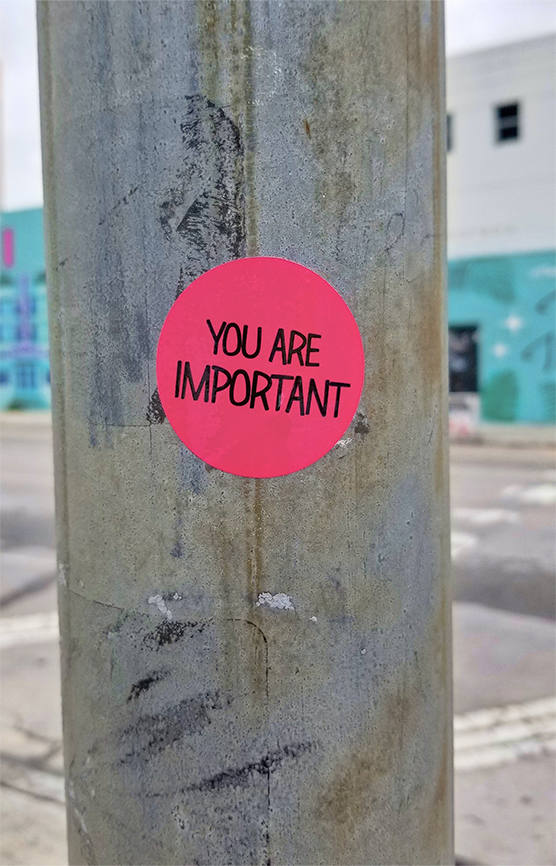BEGIN your sober journey
When we drink, it’s very easy to believe that everyone drinks, that it’s what we do to have fun, socialise, connect with one another and relax. Statistically, around half the global population doesn’t drink at all. Even in big drinking cultures like the UK, more and more people are realising that alcohol is having a negative impact on their physical and mental health and are choosing to become ‘sober’ as a healthy, sustainable lifestyle choice.
With the opportunities for connection we now have through social media, there is a sober movement that is growing and gaining momentum. You will find forums and communities in all corners of the online world, sober people sharing inspiration and offering support, and it doesn’t end there.
The alcohol free drinks marketing is beginning to soar, you can buy them on dedicated websites like Tame Tipple and The Alcohol Free Drinks Company as well as in your local supermarket. There are alcohol-free bars opening, including a pub in Dublin called The Virgin Mary.
The more you look, the more alcohol-free spaces you will begin to find, from sober raves to retreats and alcohol-free B&B’s. You can even download an App called Better Without, for worldwide alcohol-free discovery. I’m not going to tell you giving up alcohol is easy, but in the scheme of things, if you’re doing it now –you couldn’t have picked a better time.
Have you ever wondered how good your life might feel if it wasn’t plagued by cravings, hangovers, and regrets? Have you considered what you could achieve if you were free to reach your full potential? One day I asked myself those questions and I decided that I had to experience sobriety in my adult life, that was in April 2018 and the rest they say, is history.
I use the term ‘radical sobriety’ because when I’m in, I’m IN!! For me, it means living consciously, free from alcohol, with the aim of finding freedom from all other behavioural addictions that we might use as an alternative coping mechanism. It’s about discovering what we really need to live a whole and happy life. Are you ready to find freedom?

Habit change
Are you ready to take the leap and change your life for the better?
I offer a six-week package for Grey Area Drinkers that will focus on the early stages of habit change. I create a safe, supportive, non-judgmental space for you to share your story. I offer a six-week package for Grey Area Drinkers where we focus on habit change. I create a safe, supportive, non-judgmental space for you to share your story.
We look at the reasons behind your drinking habits, identify your triggers and together create a bespoke weekly plan. I will help you to silence your cravings, identify and manage any obstacles or social pressures, and resource you with everything you need to survive those crucial early weeks. If you slip up at any point on your journey there is absolutely no judgement, and I always encourage radical self-compassion. I know that the path to sobriety is not always linear. We learn from our experiences and use them as information to help guide the journey and move forward. Self-compassion is an essential skill I will help you develop, evidence shows that when we are kind and gentle with ourselves we have much better success in effecting behaviour change than when we let our inner critic take over and beat ourselves up.
What is a Grey Area Drinker?
Alcohol Use Disorder is a spectrum, it’s not black and white. A grey area drinker is someone who fits between: A true occasional drinker who consumes a small amount of alcohol 3 or 4 times a year and doesn’t think about it in between, or someone who’s become physically dependent and would require medical supervision to detox safely.
Alcohol can become a problem for us at any point, whether it’s the hangovers, our behaviour while drinking, our mental or physical health, our energy, or just the sheer battle of trying to control it. We can choose to stop drinking alcohol while we still have some agency and before we get close to the proverbial ‘rock bottom’.
The question we should be asking is not ‘Has it got bad enough for me to stop’, but rather ‘is this life good enough?’ or ‘How much better could my life be if I stopped?’ and ‘am I reaching my full potential?’

How do you know if you are in the ‘grey area’?
Honestly, most people know themselves even on the most subconscious level, here are some clues. If you have:
- Googled ‘am I an alcoholic?’
- Tried to hide your true drinking habits or lied about them
- Felt defensive if anyone mentions the amount you drink
- Made promises to yourself around your drinking and broken them
- Often woken up saying ‘never again’ yet fallen back into the same unhealthy pattern.
- Given up on all hobbies or interests that don’t involve alcohol
- Feel as though there are two voices constantly at war in your head: ‘I want to drink’ vs ‘I don’t want to drink’
- Felt tired of thinking about drinking and how to control it.
How do I know that stopping drinking will be safe?
The work I do as a sobriety coach is strictly for grey area drinkers, those that fall into the ‘low risk’, ‘hazardous’, or ‘harmful’ drinker categories as defined by the UK’s department of health. It is also suitable for people with other behavioural addictions, as opposed to a physical addiction to a substance. I am very cautious and will ask detailed questions about your drinking before agreeing to work with you. I will recommend you seek medical advice if it’s at all unclear whether stopping drinking would cause you a health risk. Your health and safety are an absolute priority. Here are the 5 categories of drinkers according to The Department of Health:
- Non drinker.
- Low-risk. Regularly consuming 14 units or less.
- Hazardous (increasing-risk drinking). A pattern of alcohol consumption that increases the risk of harm. Regularly drinking more than 14 units of alcohol a week but less than 35 for women or less than 50 for men. These people are probably not dependent physically, although they may be psychologically.
- Harmful (high-risk drinking). A pattern of alcohol consumption that’s causing mental or physical damage. Drinking 35 units or more a week for women, 50 or more units a week for men. A large proportion of alcohol consumption is done by people who drink very heavily –that is over 10 units a day. Not all of these people will be dependent but many will.
- Dependant. Typically has a strong desire to drink and difficulties controlling its use. Continues to drink despite harmful consequences.


What about ‘moderation’?
I tried to moderate for over a decade, it became a battle in my mind which was exhausting. I felt I’d become a slave to alcohol and felt trapped by it. Having stepped out of that cage I experience a sense of freedom that I can’t imagine giving up. In line with my beliefs, I choose to work with clients who are ready to put alcohol behind them and embark on a life of new possibilities. If you would prefer to cut down gradually, I will support that and I’m happy to go at your pace